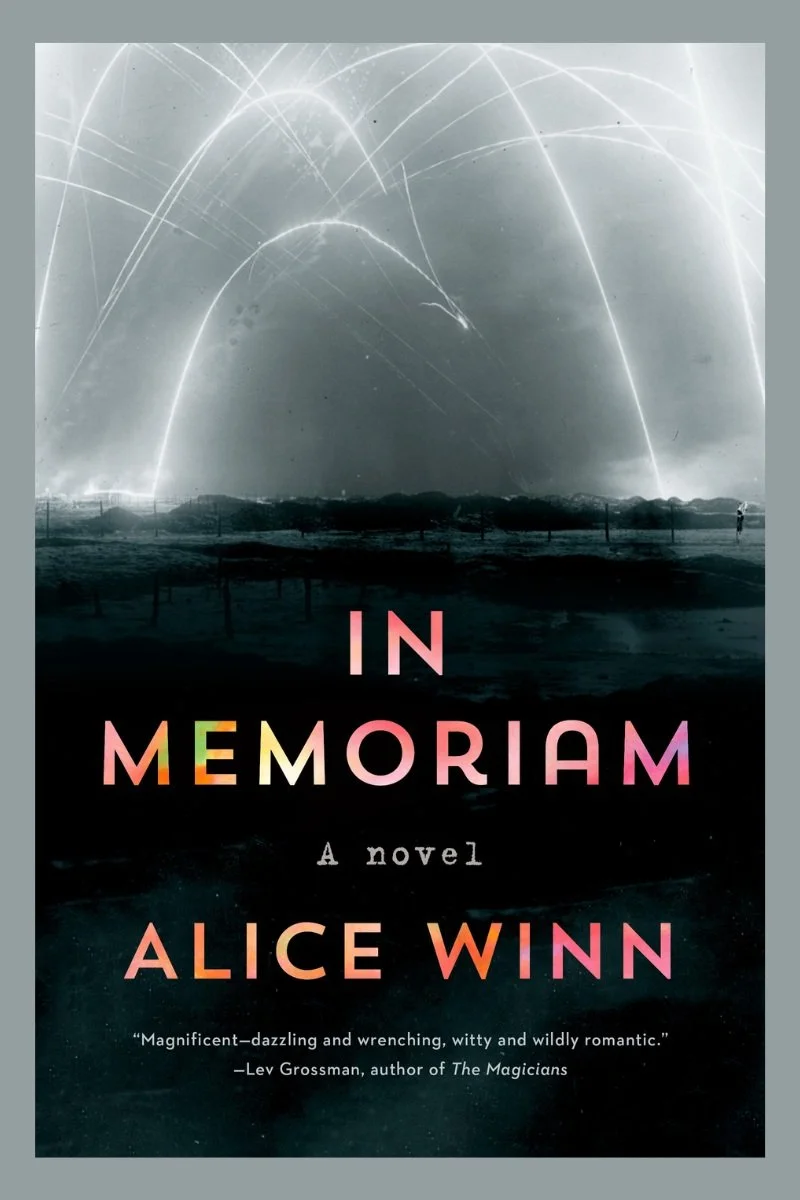In Memoriam – Alice Winn
Expectation: A gut-punch queer love story set within the backdrop of World War I trenches.
Reality: Stilted dialogue, a ping-pong narrative structure and an unbelievable connection between the two main characters made this rather disappointing.
My Take:
Where to start with “In Memoriam?” I can see why Alice Winn’s debut novel has resonated with readers. It hits all the beats you expect from historical, literary fiction, but it also felt hollow.
Oftentimes it seemed Winn was doing her best Madeline Miller and Sarah Winman impression, trying to match the emotional resonance of their queer war novels — “Song of Achilles” and “Still Life,” respectively — rather than plotting a unique take on the war machine and forbidden love.
But Winn has a ways to go until she is in the league of Miller and Winman.
She relied too much on circumstances to elicit feelings from the reader — war, after all, is the utmost tragedy — and never went beyond the emotional surface (“I’m angry! I’m frustrated!” I’m depressed!”) with the main characters, Gaunt and Ellwood.
Maybe I’m being overly critical, but as someone who reads a lot of queer fiction, nothing about the love story felt particularly fresh — outside of the happy ending — nor authentic. It was a queer romance through the lens of someone who believes gay love stories need tragedy, conflict and trauma to be interesting. They don’t.
What kept me going was the portrayal of life in the trenches during World War I, a story that’s been told before, sure, but Winn did make this more immersive with rich backstories on multiple characters and by presenting the dichotomy of frontline versus homefront perspectives on what was happening in mainland Europe.
This accounts for about 50 percent of the novel, however, and I was bored throughout most of the rest. The dialogue between characters was quite terrible, and if you’ve read one story set in an English boarding school, you’ve read them all.
Winn closed the novel with footnotes that outlined her inspiration behind many scenarios, and it brought insight to the true-to-life horror inflicted on individuals during what history has now regarded as a rather pointless war.
Still, these acknowledgements did little to influence my opinion on the novel, if nothing else it illustrated — again — that Winn is an adept imitator rather than originator.
The audiobook was narrated by Christian Colson, and it was exactly what you’d expect for the characters’ upper class British upbringing. In other words, not bad but also not particularly fresh.
There were a few interesting production choices — like how they handled the “honor roll” of dead, wounded and missing soldiers — but, honestly, it was difficult to follow along via audio given the time jumps, flashbacks, multiple character POVs and storytelling that alternates between epistolary and traditional formats.
Rating (story): 3/5 stars
Rating (narration): 3/5 stars
Format: Audiobook (library loan)
Dates read: May 8 – May 13, 2023
Multi-tasking: Not recommended. The narrative structure is difficult to follow if you aren’t paying close attention.





